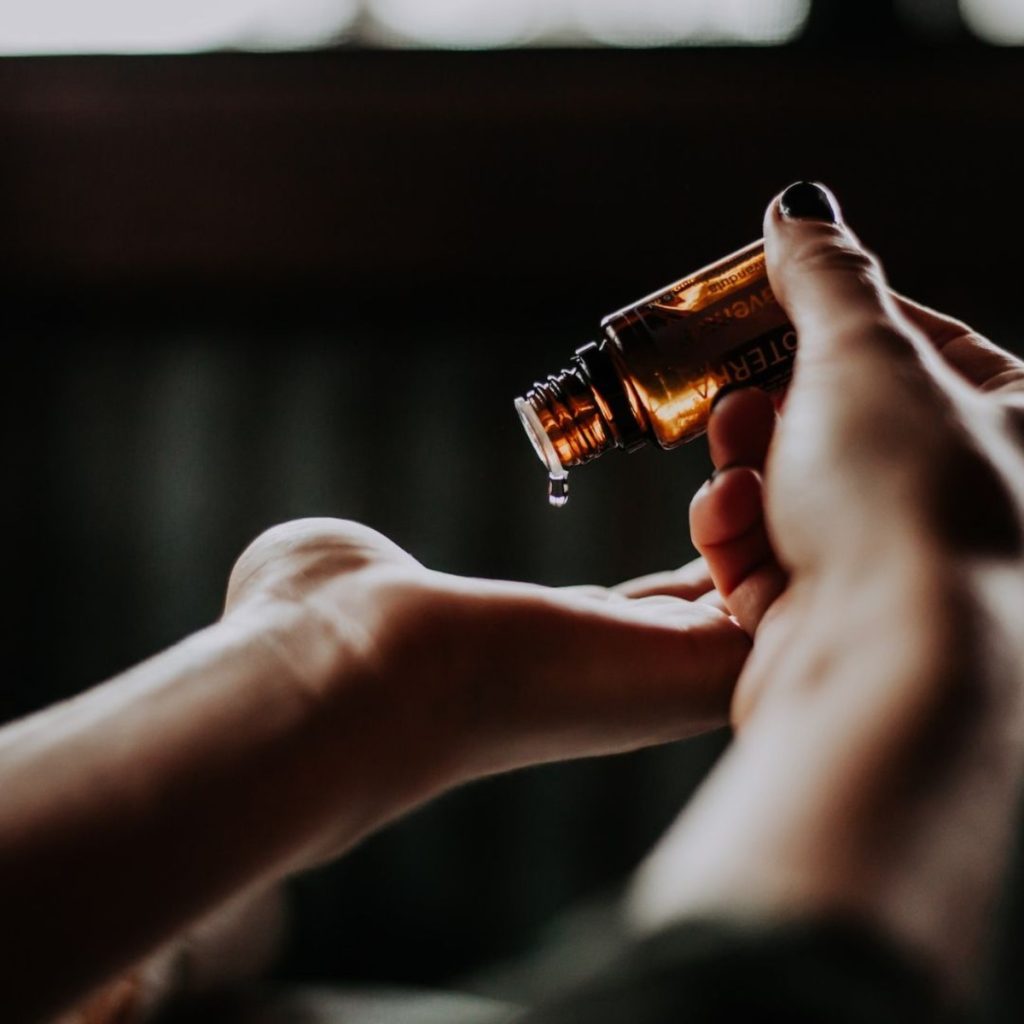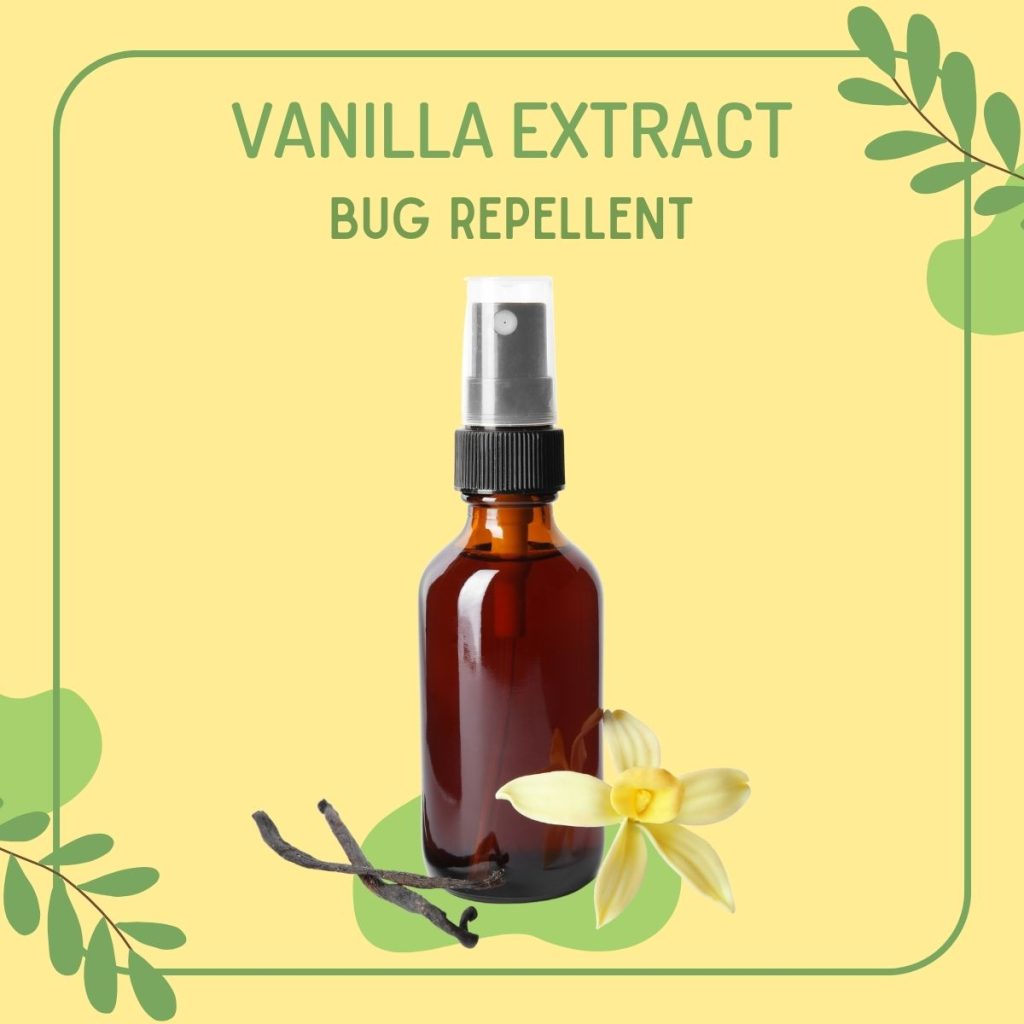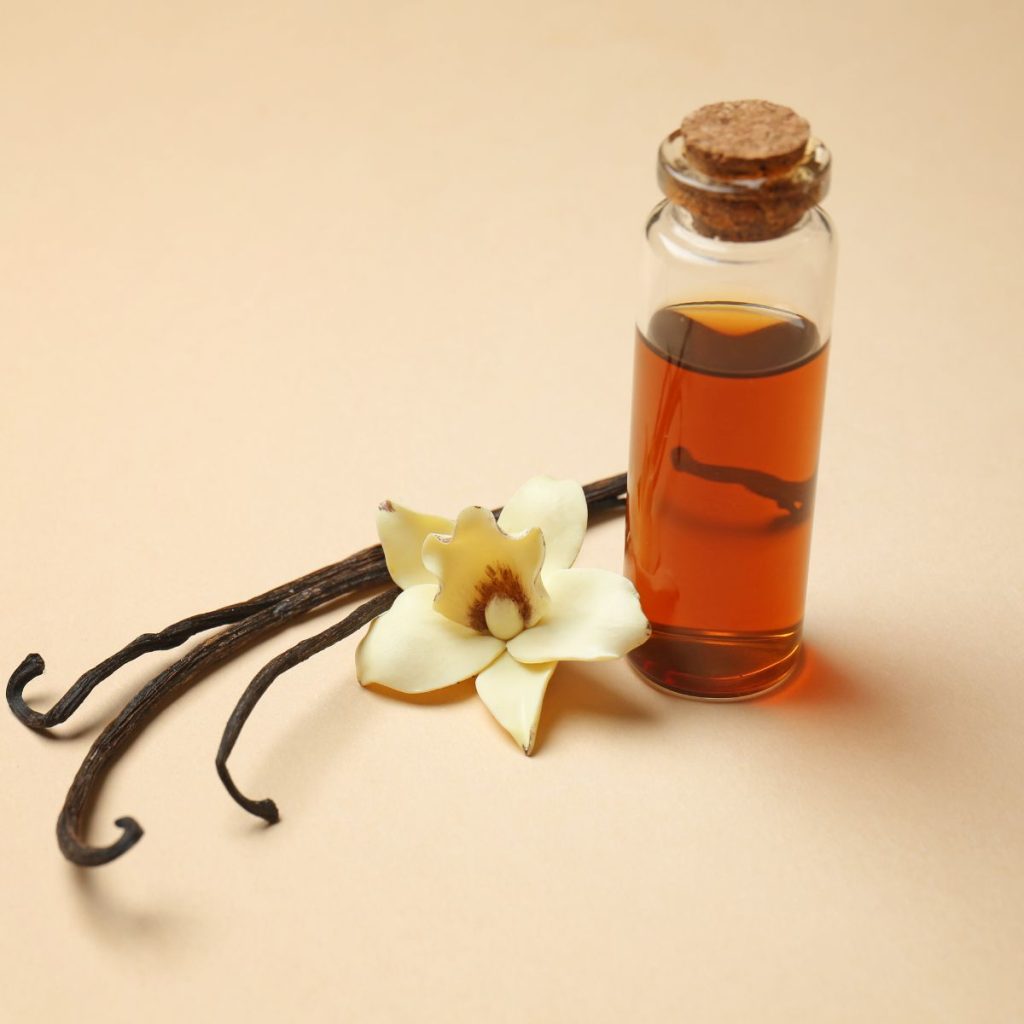Looking for an effective and innovative way to keep bugs away? Look no further than vanilla extract bug repellent!
Discover the benefits of using this flavoring agent as a bug repellent and learn how to make your own at home.
With these natural recipes and helpful tips, you’ll keep those pesky bugs away without harsh chemicals.
Find out why this solution is the secret weapon for keeping bugs at bay, and enjoy a bug-free summer!
The Science Behind Vanilla Extract’s Effectiveness as a Bug Repellent

Researchers believe that the effectiveness of vanilla extract as a bug repellent is due to its high concentration of vanillin and its ability to mask the scents that attract bugs. Vanillin is a compound found in vanilla beans that has been found to repel insects. It’s believed that the strong scent of vanillin confuses the bugs, making it difficult for them to locate their targets.
Additionally, vanillin has been shown to interfere with the bugs’ ability to detect specific scents, further reducing their attraction to humans. This innovative use of vanilla extract bug repellent shows promise in providing a natural and effective solution for keeping bugs at bay.
As researchers aim to explore the science behind its bug-repelling properties, we can look forward to even more innovative solutions in the future.
The Benefits of Vanilla Extract Bug Repellent
If you’re looking for a natural way to keep bugs away, vanilla extract bug repellent can be a great option. Not only does it have a pleasant scent, but it also contains compounds that repel insects.
One of the main active ingredients in the extract is vanillin, which has been found to be effective against mosquitoes, flies, and other common bugs. This natural alternative to chemical-based repellents is gaining popularity among those who desire innovation in pest control.
Vanilla extract can be mixed with water to create a spray or applied directly to the skin. It’s important to note that this solution may not be as long-lasting as synthetic repellents, so it may need to be reapplied more frequently.
However, if you’re looking for a safe and natural way to keep bugs at bay, give vanilla extract bug repellent a try.
How to Make Your Own Vanilla Extract Bug Repellent

You can simply make your own bug repellent by combining vanilla extract with water and a few drops of essential oils. This homemade bug repellent is an excellent alternative to chemical-laden products and is perfect for those who desire innovation.
To make this bug-repellent:
- Mix one part vanilla extract with three parts water in a spray bottle.
- Drop a few amounts of essential oils, such as citronella, lavender, or eucalyptus, to enhance the repellent properties.
- Shake well before each use and spray it on your skin and clothes before heading outdoors.
The soothing scent of vanilla combined with the natural repellent properties of essential oils will keep those pesky bugs away, allowing you to enjoy the great outdoors without any worries.
Tips and Tricks for Using Vanilla Extract Bug Repellent
For optimal effectiveness, apply the vanilla extract bug repellent liberally and frequently, as bugs may be deterred by the scent but could still attempt to land on your skin.
To maximize the bug-repelling properties of this solution, you can mix it with other organic ingredients like essential oils or witch hazel. Experiment with different combinations to find the one that works best for you.
When applying the repellent, cover all exposed areas of your skin. Don’t forget to reapply every few hours, especially if you’re sweating or spending time outdoors.
Additionally, you can use vanilla extract as a spray by diluting it with water and transferring it to a spray bottle. This will make it easier to apply and distribute evenly.
Get creative and explore ways to incorporate vanilla extract into your bug-repellent routine.







Konnichiwa! (Hello!) I'm Pat Tokuyama, a Japanese tofu cookbook author, who travels for music, food, and adventure. If you like Japanese tea, checkout some of the newestorganic japanese tea, matcha bowls and noren and more!
** Curious about the Plant Based Japanese Cooking Club? ** Learn more here!